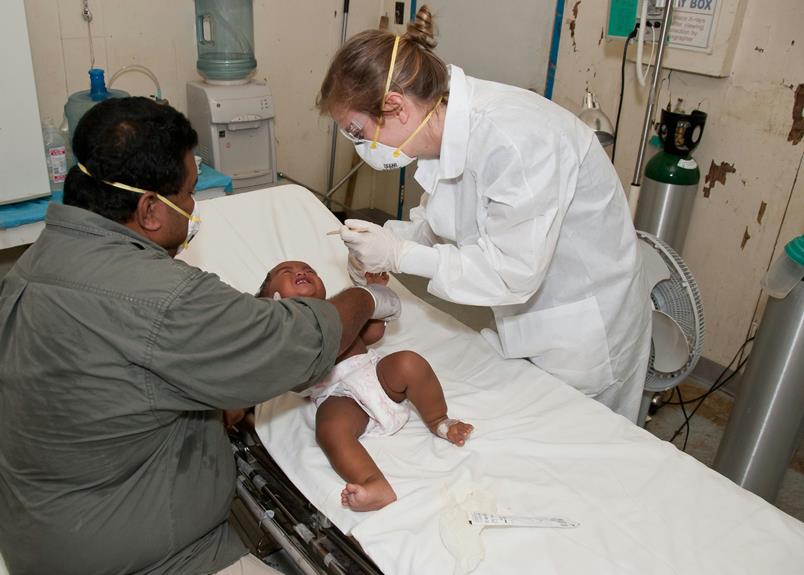If your baby has unusual fever patterns lasting more than three days, persistent vomiting, breathing difficulties, unexplained rashes, or changes in eating or sleeping patterns, it's vital to contact a pediatrician. These symptoms could indicate serious health concerns that require prompt evaluation and care.
Unusual Fever Patterns
If your baby's fever persists for more than three days, contact a pediatrician to rule out any underlying issues. Fevers are often a sign that the body is fighting an infection, but certain unusual patterns may warrant medical attention. One concerning pattern is a fever that keeps coming back after it has resolved for a brief period. This cyclical fever could indicate a more serious condition that requires evaluation by a healthcare professional.
Additionally, if your baby's fever is accompanied by other worrisome symptoms such as lethargy, difficulty breathing, rash, or irritability, it's crucial to seek medical advice promptly. These symptoms could be indicative of a more severe illness that needs immediate attention.
Persistent Vomiting or Diarrhea
During periods of persistent vomiting or diarrhea in your baby, consulting a pediatrician is crucial to ensure proper management of their condition. These symptoms can lead to dehydration and other complications, especially in young children. It's important to monitor your baby's fluid intake and diaper output during this time.
If your baby is unable to keep any fluids down, shows signs of dehydration such as dry mouth, sunken eyes, or decreased urine output, or if the vomiting or diarrhea lasts for more than 24 hours, it's time to contact your pediatrician. Your pediatrician will assess the severity of the symptoms, provide guidance on feeding, and may recommend additional medical interventions if necessary.
Breathing Difficulties
When your baby experiences breathing difficulties, prompt evaluation by a pediatrician is necessary to address potential underlying issues and ensure proper care. Breathing difficulties in infants can be caused by various factors such as respiratory infections, allergies, asthma, or even more serious conditions like pneumonia. If you notice your baby's breathing is rapid, shallow, accompanied by wheezing, grunting, or flaring nostrils, it's crucial to seek medical attention promptly.
It is important to monitor your baby's breathing patterns regularly, especially during sleep and periods of activity. Any sudden changes in breathing, such as prolonged pauses, excessive coughing, or bluish discoloration of the lips or face, require immediate medical evaluation. Don't hesitate to contact your pediatrician or seek emergency care if you have concerns about your baby's breathing.
Early intervention in cases of breathing difficulties can prevent complications and ensure the well-being of your baby. Remember, your pediatrician is there to help address any health issues your baby may be facing, so always reach out if you have any concerns about your baby's breathing.
Unexplained Rashes or Skin Issues
Monitoring your baby's skin for any unexplained rashes or issues is essential for identifying potential allergies or skin conditions that may require medical attention. If you notice persistent rashes, redness, itching, or any other unusual skin symptoms that don't improve with home remedies, it's important to contact your pediatrician. These could be signs of allergic reactions, eczema, infections, or other skin conditions that may need professional evaluation and treatment.
Keep an eye out for any changes in your baby's skin texture, color, or temperature. Raised bumps, blisters, or oozing lesions should also raise concern. If your baby seems uncomfortable or irritable due to the skin problems, seeking medical advice promptly is advisable. Your pediatrician can provide guidance on how to manage the skin issue and recommend appropriate treatments.
Changes in Eating or Sleeping Patterns
Watching for alterations in your baby's eating or sleeping patterns is crucial for recognizing any potential health concerns early on. If your baby suddenly refuses to eat or has a significant decrease in appetite, it could be a sign of an underlying issue. Similarly, changes in sleeping patterns, such as difficulty falling asleep, frequent waking during the night, or unusual lethargy during the day, may indicate a problem that requires medical attention.
In infants, changes in feeding patterns can sometimes be linked to infections, gastrointestinal problems, or even teething discomfort. Keeping track of your baby's feeding schedule and noting any deviations can help you identify issues promptly. Likewise, disruptions in sleeping habits may be a red flag for conditions like ear infections, colic, or respiratory problems.
If you notice persistent alterations in your baby's eating or sleeping routines, it's advisable to consult a pediatrician. They can assess your baby's overall health, address any concerns you may have, and provide appropriate guidance or treatment to ensure your baby's well-being. Don't hesitate to reach out for professional medical advice when needed.

